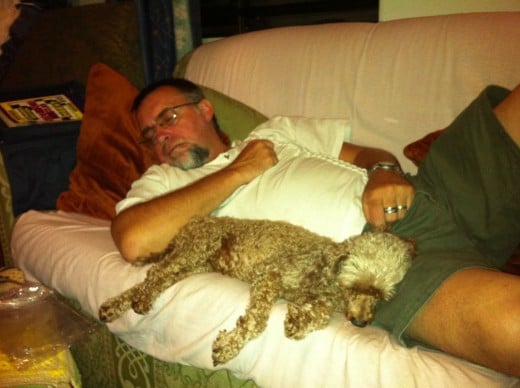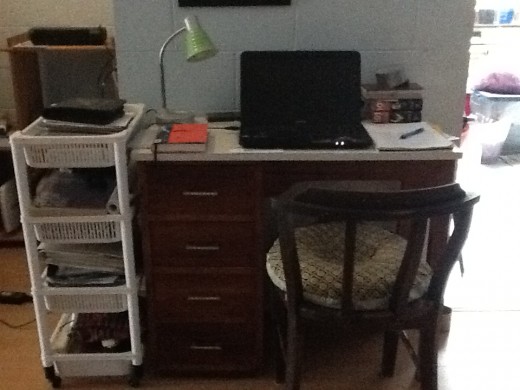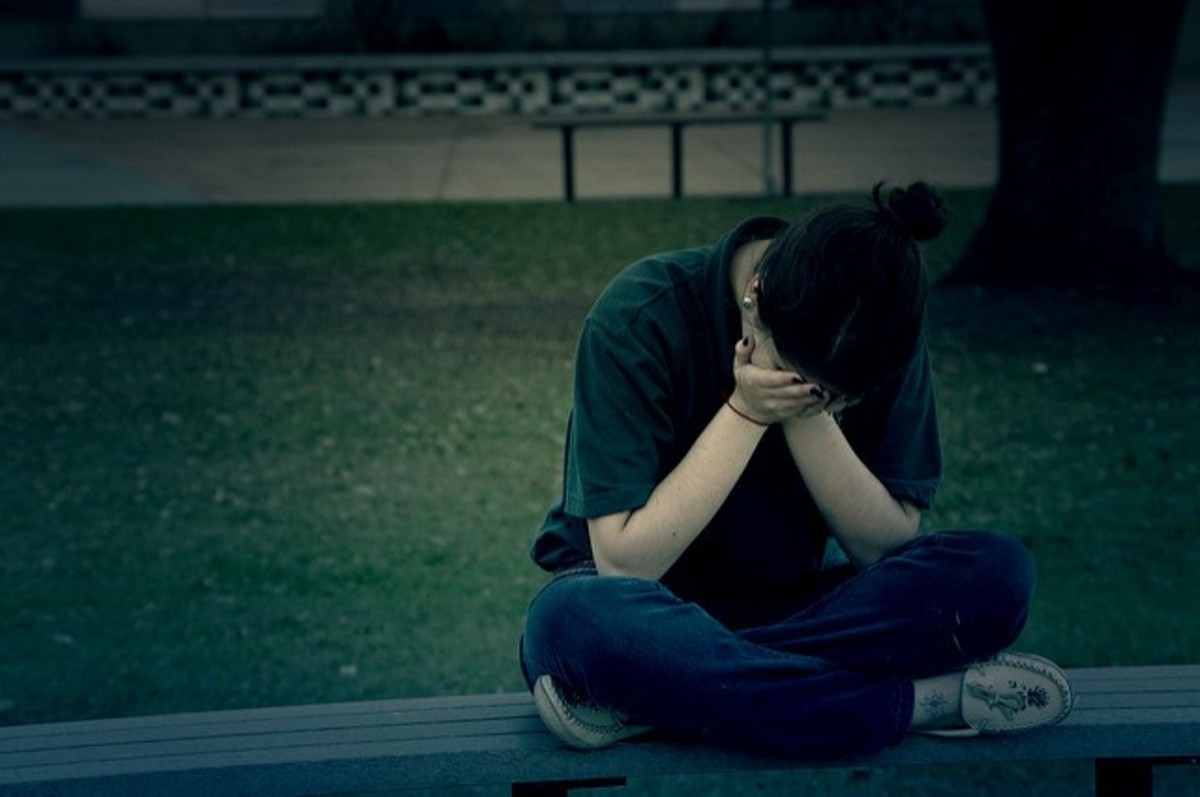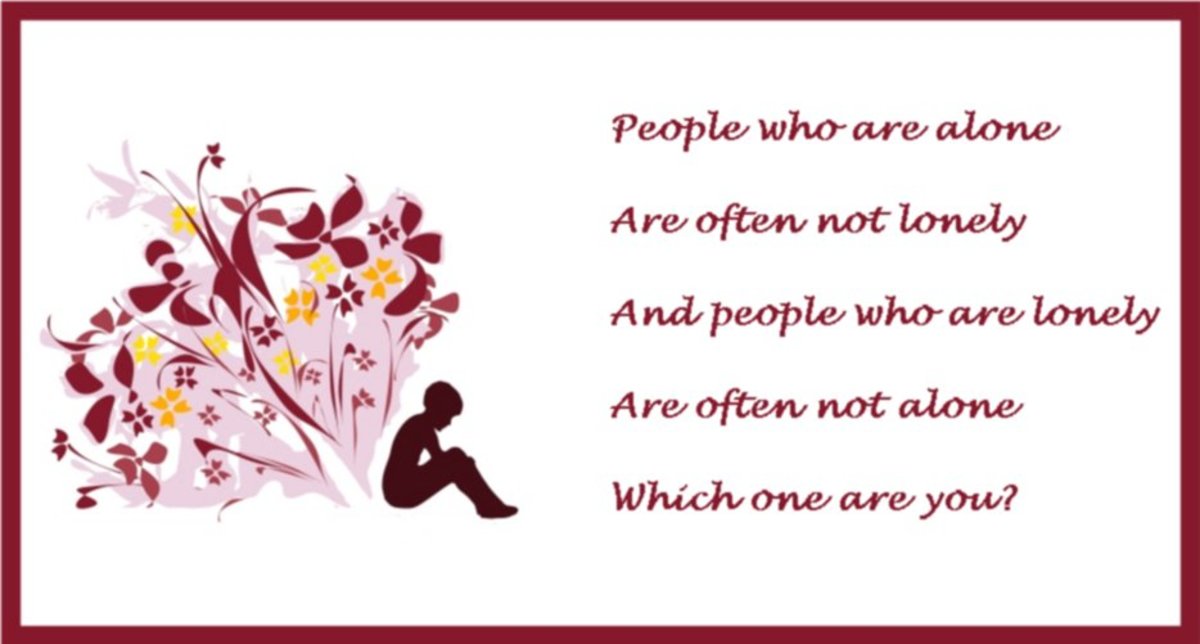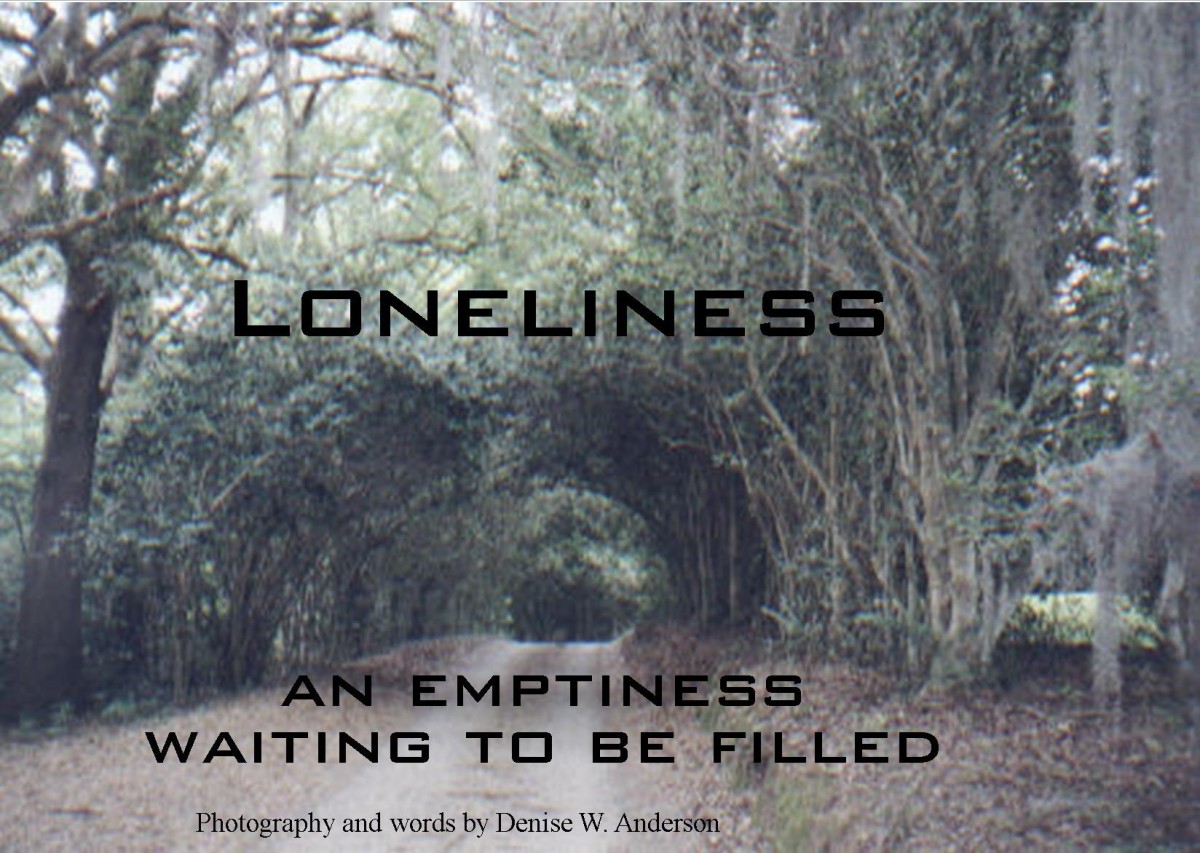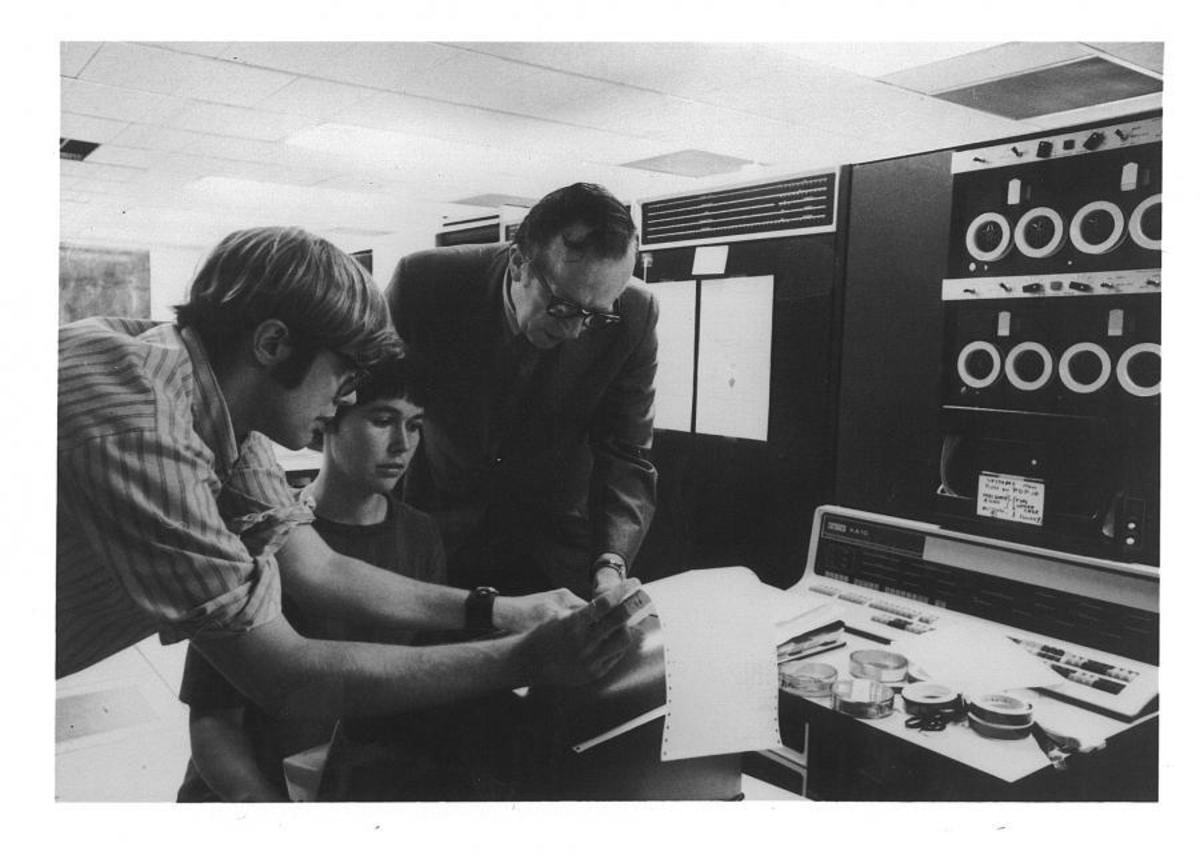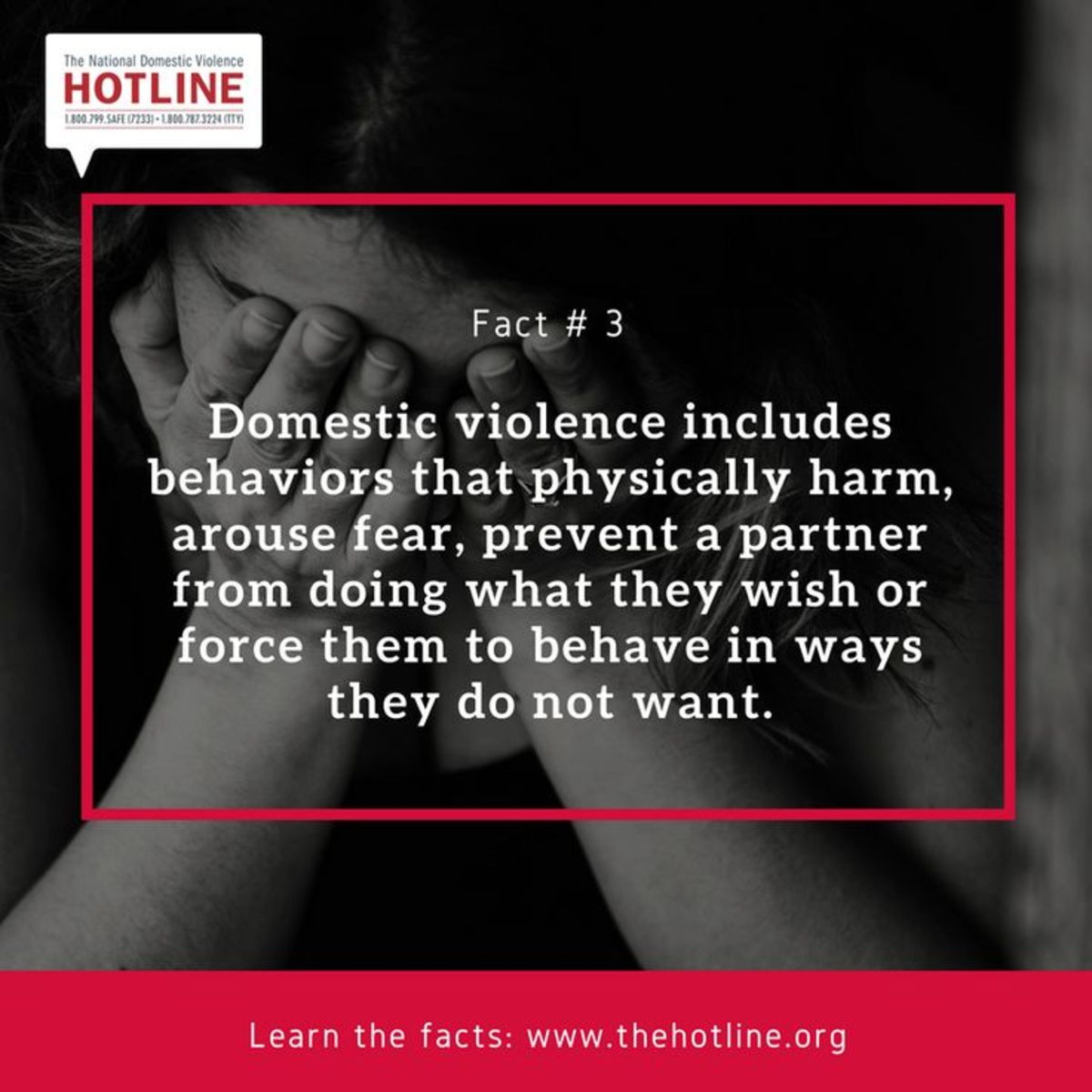- HubPages»
- Health»
- Mental Health»
- Emotions
Why Am I Lonely? (the Causes and How to Cope)

What is Loneliness?
What is loneliness? It must be pointed out that loneliness is not the same thing as being a private person, or a "loner," because some of us actually both need and enjoy a lot of time to ourselves. Loneliness, instead, is really the difference between the amount of social contact and intimacy you have and the amount you want. Loneliness is when you feel isolated, or like an outcast.
Some people think that the opposite of loneliness must be popularity - this is not always the case - you can have lots of so called "friends" and still feel lonely. True intimacy and feelings of acceptance are much more about the quality of your relationships than the quantity.
Acute loneliness is emotionally painful and can be more damaging to our physical and mental health than many psychiatric illnesses. For instance, lonely people often sleep poorly or suffer sleep apnea, experience anxiety and severe depression, have reduced immune and cardiovascular functioning, or exhibit signs of early cognitive decline that can gradually grow more severe (dementia etc).

The Coca-Cola Study on Global Happiness
This study covered 16 countries across four continents. Some findings included:
- People in all countries agreed that real life contact with family and partners is a greater source of joy (77%) than virtual world alternatives.
- The biggest highlights of the day for people everywhere include: spending time with loved ones in the evening (39%), eating with the family (22%) and chatting in person with friends or colleagues (17%).
- Modern engagements such as watching TV (14%), connecting with others online (5%) and receiving the day’s first text message (2%) did not fare well in comparison.(bighow.com)

Studies of Loneliness
Despite extensive recent research on happiness, it's easy to lose sight of another important human condition: loneliness.
As an article in “The Atlantic” stated, various studies have shown loneliness rising dramatically over a very short period of recent history. “Social media—from Facebook to Twitter—have made us more densely networked than ever. Yet for all this connectivity, new research suggests that we have never been lonelier (or more narcissistic)—and that this loneliness is making us mentally and physically ill.”
John Cacioppo, one of the USA’s leading scholars on loneliness, has found that loneliness undermines health and can be as detrimental as smoking. “About one in five Americans experience loneliness. Given their feelings of social isolation, lonely individuals may be left to find relative comfort in non-social rewards," said John Cacioppo said Cacioppo.
Therefore feeling isolated not only has detrimental effects on our mental health, but adverse consequences on our physical health as well. One study found that people who had little connection to others were three times as likely to die over the course of nine years as those who had strong social ties. (American Journal of Epidemiology) Another found that lonely people are at higher risk for inflammatory diseases.
New joint research from the University of Chicago, Harvard and the University of California-San Diego and published in the Journal of Personality and Social Psychology, reports that loneliness is contagious not only to friends, but also to acquaintances. While people's friends and acquaintances were susceptible to catching feelings of loneliness, though, family members remained relatively immune. Additionally, women were more likely than men to respond to a friend's loneliness by reporting similar feelings.
(sources: The Huffington Post, Machineslikeus, The Atlantic, Oxford Journals)
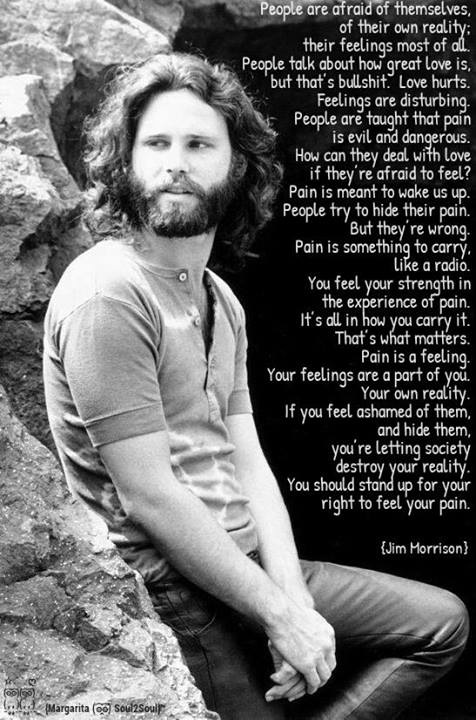
Why Be Lonely?
How do you deal with loneliness?
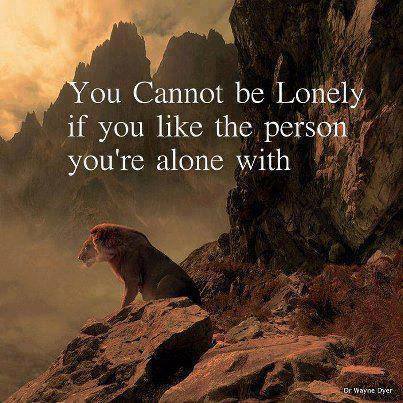
Six Factors of Loneliness
If we are indeed in the midst of a "loneliness epidemic," it's worth asking: What causes loneliness? Six of the major factors appear to be:
1. Aging
2. Death, Divorce
3. Temporary Separation
4. Increased Use of Social Media
5. Commuting To and From Work
6. Genetics
1. Our elderly citizens were once revered in the community as purveyors of customs, history and stories. Many were usually cared for by one or more of their children. Now this function is much less valued and as this shift takes place, older people risk feeling increasing loneliness, and marginalized from their families and neighbourhoods, particularly if they end up in nursing homes.
2. Death and Divorce. It is easy to see why the death of a spouse would trigger a feeling of loneliness and it isn’t really necessary to explain, however the divorce factor is more interesting. Loneliness often depends on the reason for the divorce and if infidelity was involved etc. If the separation was sudden and took one partner by surprise when they thought the marriage was reasonably happy. That partner may suffer loneliness as a result. Online dating is booming and has seen its highest growth rate among baby boomers. But lots of online dating doesn't necessarily translate into feeling less lonely. Sometimes it just reinforces it, as people bounce from one partner to another.
3. Temporary Separation: When one or both couples are working you spend a large part of your day apart often only spending time together at night or on weekends. When you retire you suddenly find yourselves spending all your time together. For some couples this is a very welcome change for others not so. I was forced to retire early and so my wife and I have spent most of the last 10 years together. In the last few years she has been called away for a month or two each year to stay with our eldest grandson who has to attend school while his parents go overseas (his stepmother is Indonesian and has to travel back there every six months for citizenship purposes). The first week or two separated from my wife, I admit, is a welcome break (probably for her too) and I can devote my time to my own interests, writing etc. However, after two weeks apart, we both begin to get bored, lonely, and emotional and can't wait to get back together.
4. Social Media: Even as we become more digitally connected as a society, we are becoming less dependent on real-life social ties. A look at Facebook suggests that while "active" interaction e.g. commenting on someone's status update or sending a private message tends to make people feel less lonely, just passively scrolling through other people's feeds and hitting the odd "like" or “share” buttons can make you feel more lonely. Because we are predisposed to overestimate other people's happiness, when we see upbeat, and witty status updates and hundreds of friends, it makes us feel worse about ourselves, jealous and lonely.
5. Commuting: According to famed Harvard political scientist and author Robert Putnam, long commuting times are one of the strongest predictors of social isolation. His studies reveal that every 10 minutes spent commuting results in 10 percent fewer "social connections." Fewer social connections tend to make us feel lonely and unfulfilled.
6. Genetics: Social isolation affects how people behave as well as how their brains operate, a study at the University of Chicago shows. Researchers found that the ventral striatum—a region of the brain associated with rewards—is much more active in non-lonely people than in the lonely when they view pictures of people in pleasant settings.
The ventral striatum, which is critical to learning, is activated through primary rewards such as food and secondary rewards such as money. Social rewards and feelings of love also may activate the region.
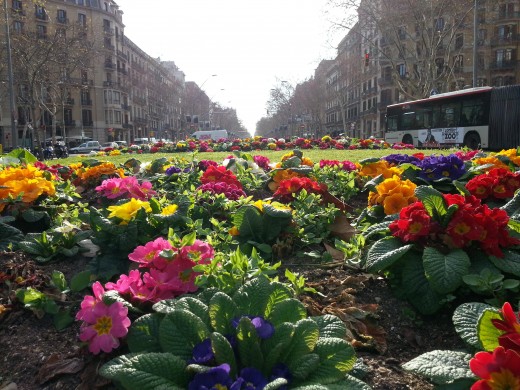
How to Cure or Cope with Loneliness
1. Figure out where you can find some good friends. Visiting your local nightclub, lounge or bar may not be the best choice. So where can you go?
Reading your local newspaper may be a good place to start. There you’ll find information on community events, and the activities of groups and organizations. If one interests you, make some phone calls and look into it.
For example: Let’s say you love gardening, and you read an article about a local gardening club and what they are doing in your area. Call a contact person or representative and ask how you can become involved with the group. Go to their next meeting and meet some people. Then start participating in their projects.
You’ll be sure to meet some mighty fine people, have fun doing what you love and learn more about gardening; plus, you’ll be able to share your gardening wisdom with others . . . all of which will make you feel LESS lonely.
2. Find ways to help others. Your own emotional needs will often be met, and it will help you to cure loneliness in a big way. When we give of the heart we receive of the heart. The act of doing good deeds replaces lonely feelings and helps you feel more connected with others, resulting in a sense of belonging. In touching someone else’s life, our loneliness dissipates and our service opens new doors of opportunity.
One way to do this is look in the yellow pages or search the Internet for organizations that do good work in your community, such as non-profit groups. Get involved in one or two of these and offer your skills or time. You’ll meet lots of good people who are trying to make a difference in the world and just one new friend may make a difference in your life . . . and help you to cure loneliness!



3. Get a pet or pets. Research shows that pet owners are happier, live longer and have a better sense of self-worth. Animals offer unconditional love and companionship and rely on you for their wellbeing. This in turn gives you a feeling of being needed and therefore less lonely. Another alternative is to look at joining an animal foster care program.
4. We all have hobbies or activities that we are good at or make us happy. Develop these and devote more of your time doing them. An active mind provides less opportunity to dwell on loneliness or depression. Maybe there's an activity you've always wanted to do but never put it into fruition. Take writing for example. I always had a desire to write from a young age but working life and having a family took first priority so that goal was put on the back-burner. Now that I am retired I can devote most of my spare time to writing.
5. Give Internet dating a go. If you are unfortunate to have lost a partner whether by death, divorce or separation, you don't want to revisted the bar/club scene or are simply shy and never had a partner, you may like to consider experimenting with Internet dating. I personally know people who have met their current partners on the Internet and are very happy.
The trouble with internet dating is that until you actually meet the person you have been chatting with in person, you have no guarantee that they are who or what they say they are. It is easy to make up a false persona a well as post photos that look nothing like the actual person. There are also many scammers (often from African countries but not exclusively) who can seem very charming but whose sole goal is to get their hands on your money. So by all means try internet dating, but stick with well known dating sites and do so with care.
6. If you can afford to and are physically able, travel. Why sit at home being lonely when you can get out and see the world? It may seem daunting at first if you have never done it, but once you take the first step and book your tour, flight or cruise, you'll be ecstatic that you did. You'll be so busy travelling, meeting people, and seeing the world that you will not even think about being lonely.
7. Join a site like Hub Pages where you can interact with like minded people. The community is friendly and supportive and after awhile becomes like a second family. As well as that you get to do what you love, write, and maybe (if you are lucky) even get paid for it.
8. If you are religious join a church, mosque, synagogue, bible study group or whatever is appropriate. Meet other people of your faith, join in activities and be made feel part of a community. People who have a strong belief in God tend to experience less loneliness.
Summary of Coping Strategies
To Help Beat Loneliness:
- Join a club/organization. Find like-minded friends
- Help others. Volunteer
- Get a pet
- Take up/expand on a hobby
- Try internet dating
- Travel
- Join Hub Pages
- Join a church or similar.
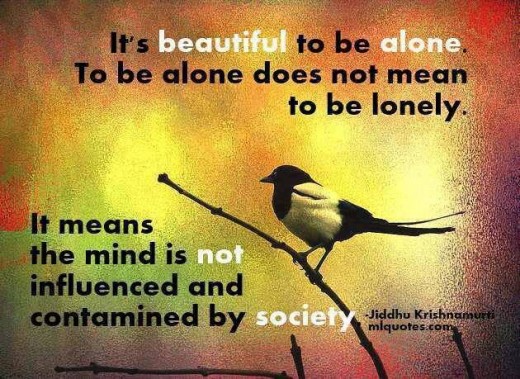
Loneliness Is Not My Friend
My heart is filled with melancholy
Each time you go away.
Everyone needs time apart,
Or so the experts say.
Each week apart seems like a month,
Each month seems like a year.
Our time apart just moves so slow,
I miss you so, My Dear.
To keep myself from going mad
I find things to fill my time,
Like gardening and doing chores,
Or writing prose and rhyme.
Bad things seem to happen
Whenever I'm alone,
Just last week our dog passed on
You found out on the phone.
Loneliness is not my friend,
Though my companion it seems to be,
Please hurry home to take its place,
I want you here with me.
It seems we keep each other sane
And should never be apart,
So even when you're miles away
You are always in my heart.

Submit your writing to magazines, anthologies, and contests.
Submitting your poetry, short stories, or essays to magazines, anthologies and contests is a good way of passing the time and take your mind off loneliness. There is even a chance they'l be selected for publication (like mine), or you could win a competition with a cash prise. This will surely help to lift your spirits.
© 2015 John Hansen

